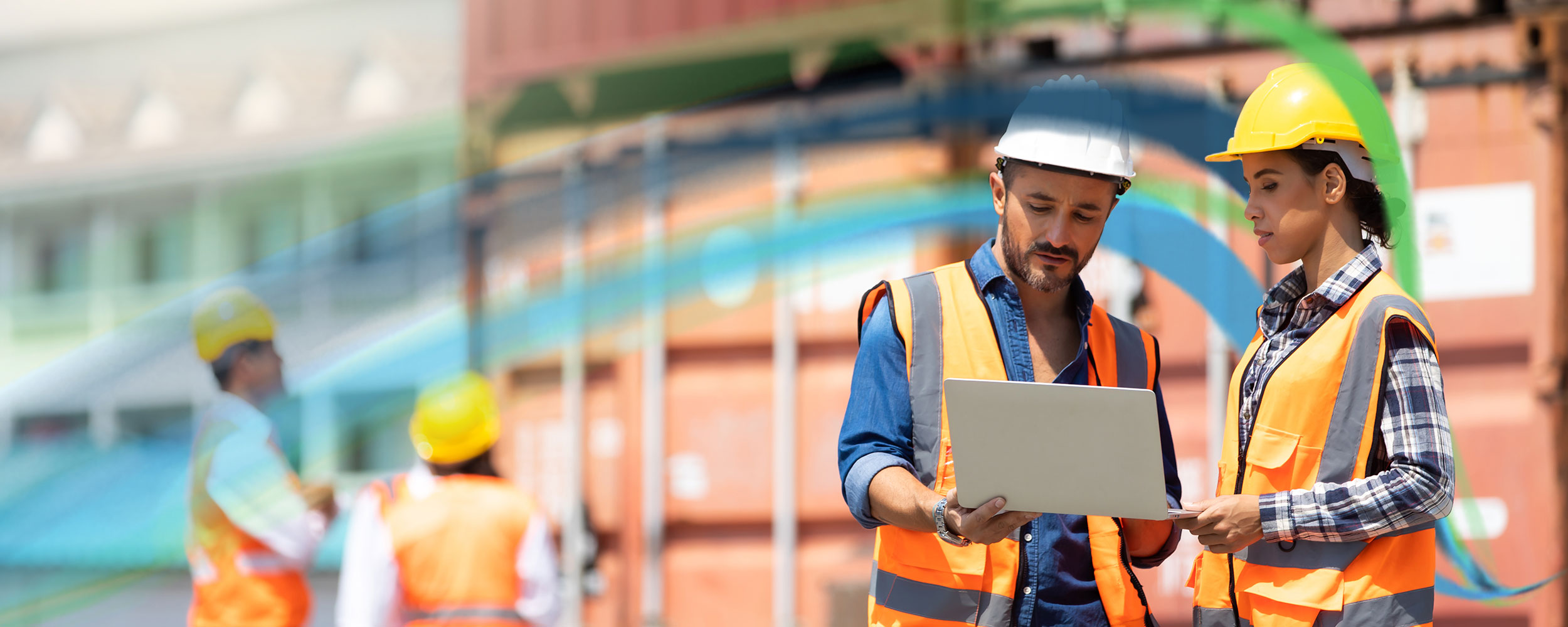Container shipping has long been one of the most important industries in the global economy, facilitating the movement of goods across continents and connecting businesses around the world. Over the years, the industry has undergone significant changes, with new technologies and processes transforming the way shipping companies operate.
One such change is the move towards electronic bill of lading (eBL) adoption. Traditionally, the bill of lading, a legal document that outlines the details of a shipment, has been a paper-based document that was typically sent by courier or mail. However, as technology has advanced, there has been a push towards electronic documentation, which offers greater efficiency, speed, and security.
Now, a group of leading container lines has committed to achieving 100% eBL adoption by 2030. The group includes some of the world's largest shipping companies, such as Maersk, MSC, and CMA CGM, who together account for around 60% of global container shipping.
The move towards eBL adoption is expected to bring a number of benefits to the industry. For one, it will significantly reduce the amount of paperwork involved in shipping, which will help to streamline processes and make it easier for companies to manage their operations. It will also reduce the risk of errors and delays that can occur with paper-based systems, as well as improve security by reducing the risk of fraud or tampering.
Perhaps most importantly, eBL adoption will help to accelerate the digitization of the shipping industry. In recent years, the industry has been making significant investments in new technologies and digital processes, as companies look to improve their operations and stay ahead of the competition. By adopting eBLs, the container lines will be able to integrate more closely with other digital systems and platforms, creating a more seamless and efficient ecosystem for global trade.
Of course, there are some challenges that come with eBL adoption as well. For one, there is a need for standardisation in the industry, to ensure that all parties are using the same electronic systems and processes. There is also a need for training and education, to ensure that all stakeholders are comfortable with the new technology and understand how to use it effectively.
However, with the commitment of major container lines to achieve 100% eBL adoption by 2030, the industry is well on its way towards a more digital future. As more companies adopt these new technologies, we can expect to see a faster, more efficient, and more secure shipping industry, one that is better equipped to meet the demands of the modern global economy.
For further information please contact us.
